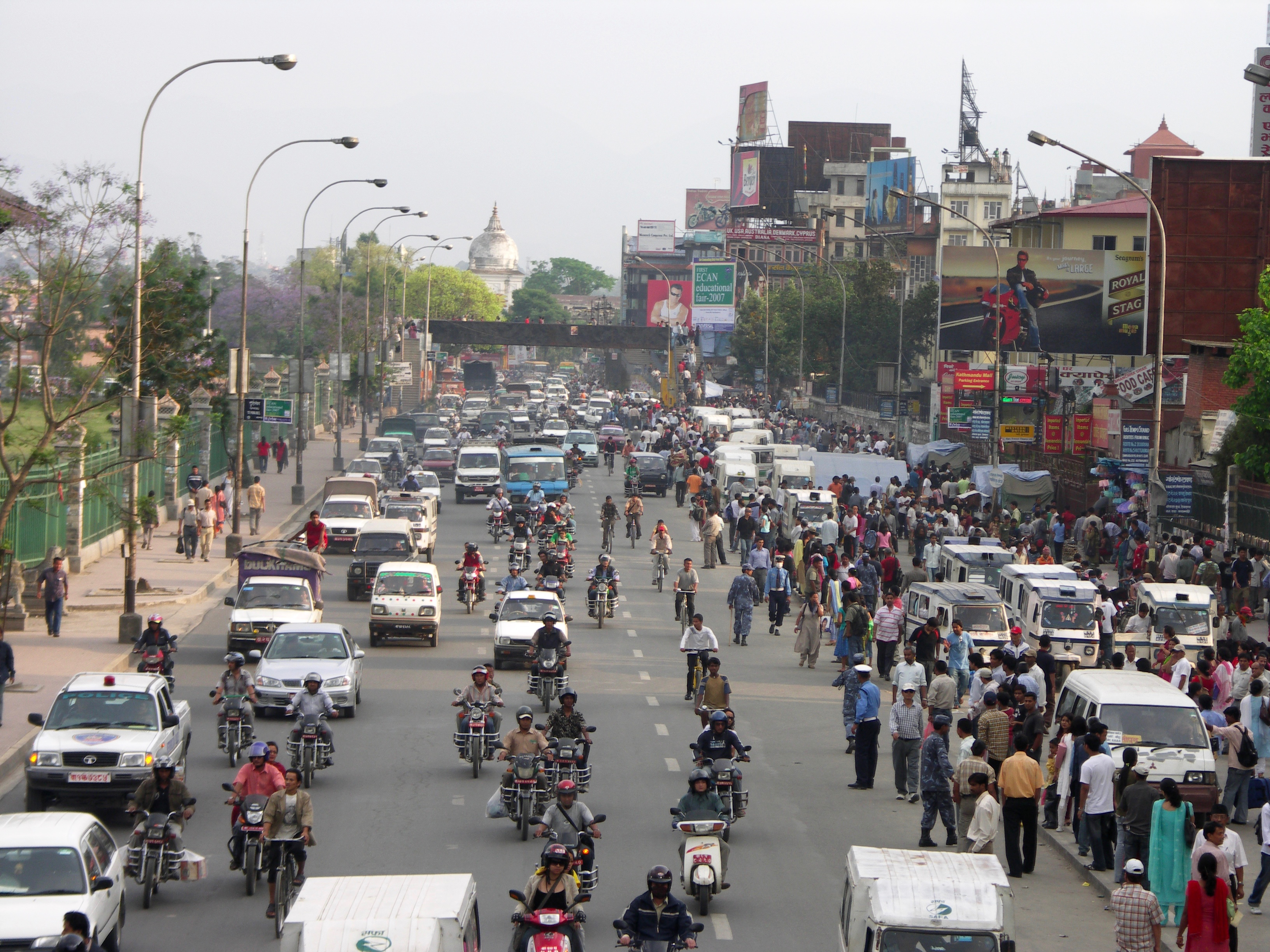Core area “Sustainable economic development, training and employment” Enabling more people to benefit from growth
Adapting to climate change
Nepal’s economy will only be able to develop successfully in future if the country adapts to the effects of climate change. Local municipalities play an important role in this. In close collaboration with Finland and the European Commission, Germany is supporting selected municipalities in western Nepal in making their local economies – and agriculture in particular – more climate resilient. To help achieve this, market-oriented, site-appropriate innovations are being promoted, and agricultural value chains are being expanded.
Improving access to loans
KfW Development Bank is assisting in strengthening Nepal’s financial system. The aim is to provide micro, small and medium-sized enterprises in rural areas in particular with better access to loans, enabling them to invest and improve their competitiveness.
Increasing tax revenue
The Nepalese government has developed an action plan for increasing government revenue. The BMZ is supporting Nepal in strengthening its tax administration and developing a fair and effective tax system.
The tax system has been fully digitalised, with German support. Not only does this make taxation more transparent, it also acts as a barrier to corruption and has been shown to protect women from discrimination by tax authorities. Over 630 million euros in tax revenue has been processed via the digital system so far, and this figure is rising rapidly. Taxpayers are becoming more knowledgeable about current regulations. As a result, their willingness to adhere to tax regulations is increasing, and the government is able to spend less on compliance checks.
As at: 10/02/2023
